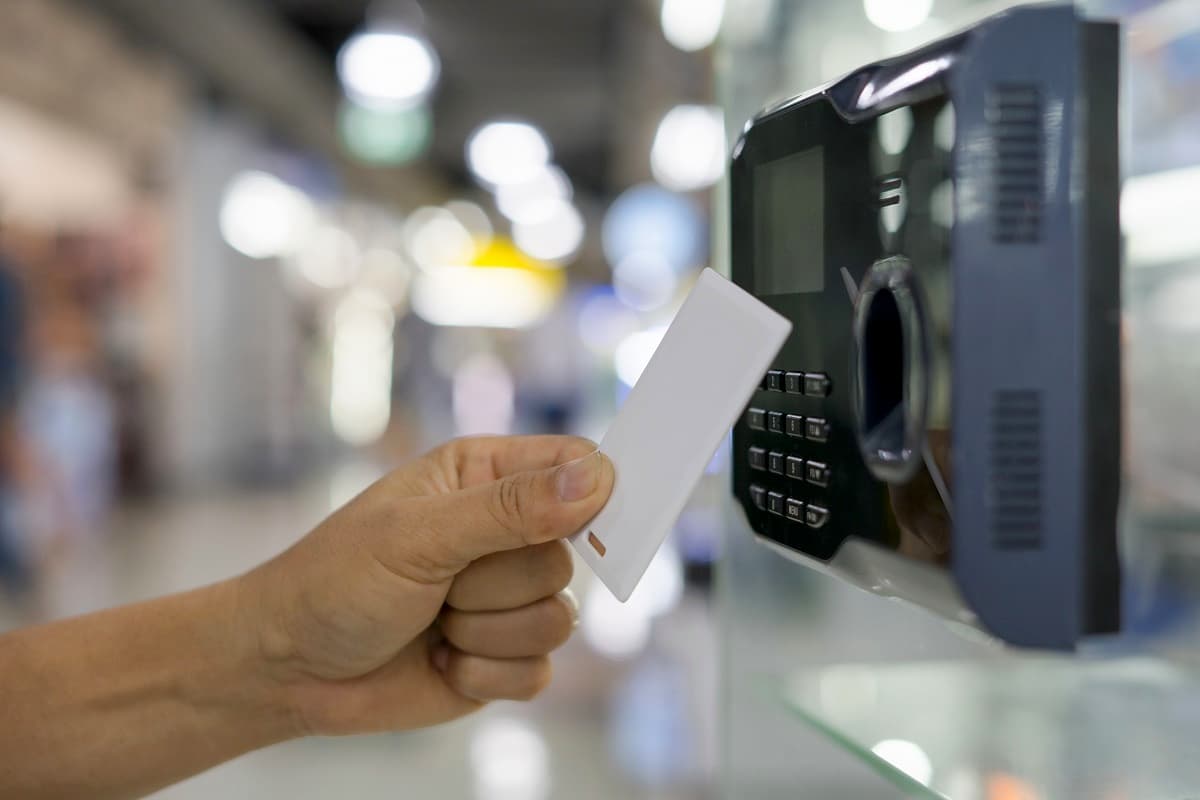Access control system Abu Dhabi is perfect for any security worries prevalent in your business. Large scale businesses obviously have a huge workforce and managing security with conventional methods would not suffice. This new and advanced system offers solutions that are completely free of errors and ensures smooth functioning of business. Owners can decide whether a person is eligible to gain permission and accordingly feed information into the system.
Page Content
What is Access Control?
As the name suggests, it controls who can access what areas of the institution or establishment. Suppose a designated space within premises where only certain people are allowed to enter. In the absence of system, there is no way to constantly monitor if any unauthorized employees are violating rules. Violation of rules is bound to happen, hence causing irreparable damage. Deploying a system is useful as it cannot be manipulated to anyone’s advantage ensuring stringent security all the time.
How Does it Function?
Let us understand its benefits for users, administrators and the infrastructure of system.
1. For users
Users here are employees coming and going daily. The user presents his unique credentials like key card or fingerprints at the door. Door reader matches and verifies credentials with the information saved in the system. If the user credentials seem valid, door is unlocked. If the credentials don’t match details saved in the system, access is denied.
2. For system manager
It is the business owner or manager who decides what permissions to give to each employee. The higher authorities already have a set of established rules that define who can check in at what place at what time. This information is then saved into the dashboard of the system. Permissions can be specified according to the designation of the employees, working hours, shift timings etc.
3. Mechanism
The infrastructure consists of electric locks, panel and a server. Fail safe locks and fail secure systems lock and unlock respectively when power supply is on. The former is useful in routes of fire escape and the latter are mainly for IT offices to protect in case of power failure. The next component is control panel that receives signal from the door reader and sends approval. The server (either device or cloud based) contains all the information of the settings and permissions determined by the owner. Sometimes, the card reader houses the server.
Types of System
Role-based, mandatory and discretionary are the different types of the same system. Role-based assigns permissions based on the roles of employees. The second type of system gives permissions according to the rules prescribed by the head security. The last system gives absolute power to business owners to determine access permissions.
Conclusion
A business without security will land in trouble sooner or later. Click here to explore advanced security solutions that guarantee strict adherence to rules by all the members of the institution.
